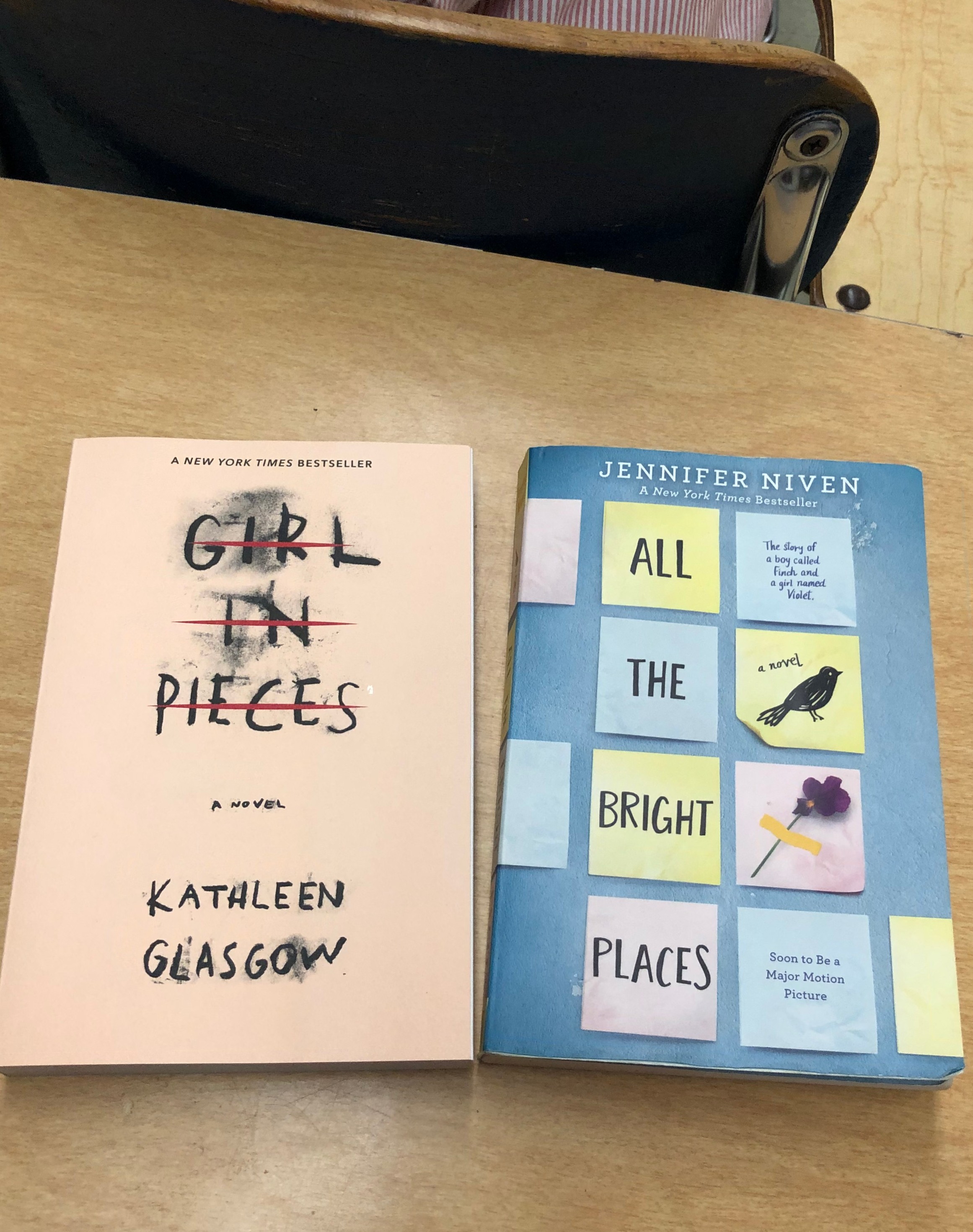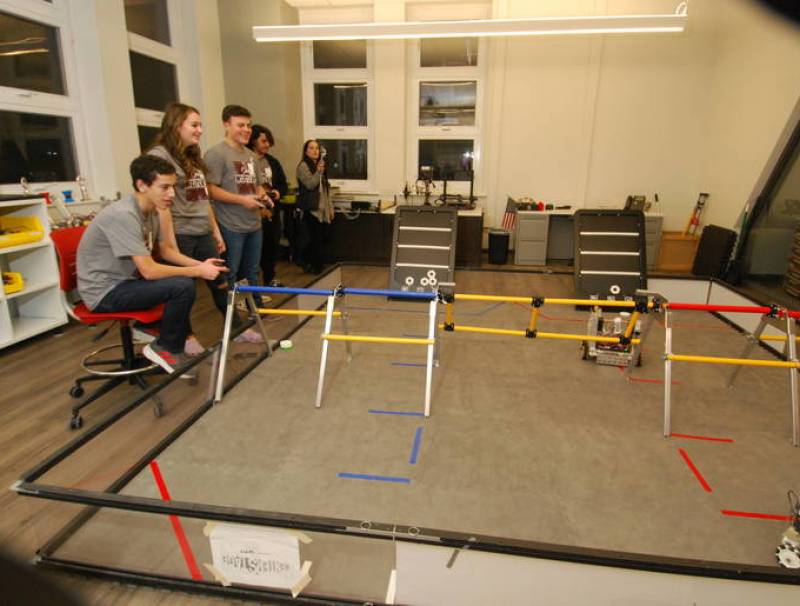Importance of Summer Reading
When it comes to summer, reading is probably the last thing that comes to kids’ minds. They want to go to the beach and hang out with their friends, but as they do so they will not continue to grow and learn. Summer reading comes with its benefits even if everyone cannot see them.
Mrs. Brooke Benavides, the Coordinator of English K-12 for the Nutley Public Schools believes in the importance of reading during the summer. She believes that engagement over the summer is very necessary. “Throughout the year, students read from an academic lens,” Benavides says. “Over the summer, however, students have the freedom to read for pleasure and enjoyment. Summer reading provides students with opportunities to exercise their brains, as they increase their knowledge, reflect, and grow without any pressures or deadlines. With greater freedom and flexibility, our hope is to encourage our students to read and become lifelong readers.”
Summer reading benefits the students, of course, but the teachers as well. The teachers also benefit from summer reading because once the students come in with their notes on the books in September, the teachers can see what the student needs more help with, or what to focus on better.
Students from kindergarten through sixth grade are placed on a level of reading. Level readings are from A-Z with Z being a very experienced reader and understanding all of what is being read. Usually, the letters that come first in the alphabet are handed out to the lower grades like first or second grade.
If a student is forced to read a book that is not interesting to them, they will fail to learn and enjoy what is being read. This is also why a good amount of students get discouraged or simply do not like to read. “Summer reading allows students the luxury of selecting books on topics of interest or exploring genres that students find engaging," says Benavides. "Choice is key in motivating students and our summer reading program allows for that choice.”
Summer reading also makes sure that too much time does not pass before students began engaged in literature. “Research shows that reading over the summer helps students to avoid losing some of the achievement gains they have experienced throughout the school year and sets them up for greater success come September,” Ms. Benavides explains.
The summer reading expectations vary from elementary school to middle and high school. Benavides explain that each level is given a different path for summer reading. All incoming students in elementary are to select bucket lists or create an original bucket list to be returned in September. All incoming 8th graders are to read books of their choice throughout the summer and return in September with a summer reading list filled with titles and authors of the texts that they read. They will not choose texts from a list. As a result, all students should read texts of their choice, throughout the entire summer. Nutley High School students, enrolled in English I, II, III, or IV, are required to read a minimum of a fiction and a nonfiction text of their choice. Students will not have to choose from an established list; instead, they are to choose a fiction and nonfiction text that they find interesting and are motivated to read.
“Many students gravitate towards fiction, as it allows them to imagine new situations and journey to new places, but nonfiction can be just as exciting if you have a real curiosity to learn about an event, a person, a place, or an idea," says Benavides. "Graphic novels have also increased in popularity, providing students with a more multi-sensory approach to reading." According to Benavides, the most popular genre books are fiction, but students are encouraged to go out of their comfort zones.
Some students who don’t read over the summer can face consequences. “The most significant consequence for not reading is something we refer to as 'summer slide,'" Benavides says. "Students who do not read risk losing several months of learning that they have achieved throughout the year, placing them at a disadvantage. As for the elementary students, they do not have as much advanced work as the high schoolers but they will miss out and be behind in what they’re learning if they don't read."
“Additionally, at the middle school, students will be expected to prepare and present a 'book talk' on one of their summer reading books at the start of the school year. At the high school, when students return to school in September, they will be required to reflect upon their summer reading text(s) through a verbal and/or written assessment given by their English teacher," Benavides says. "Students should know each text well enough to be able to discuss the texts with their peers and/or teacher.”
Summer reading is a huge part in learning. It is a stepping stool for the younger kids who need to learn and it is an easy resource to push older students.








